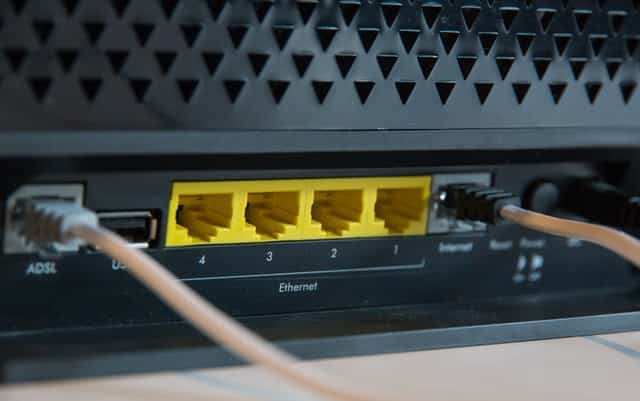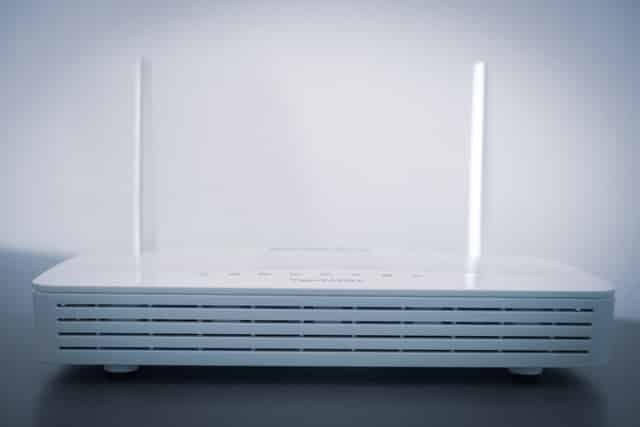When you purchase through links on our site, we may earn an affiliate commission. Here’s how it works.
How to Choose a Wi-Fi Router? – Overview
A router is a device that distributes internet signals received from the modem to multiple devices, managing network traffic and enabling users to access webpages and online services.
A modem is a device that converts digital signals from an internet service provider into a format compatible with local networks, facilitating internet access for connected devices.
Routers and Roles
The continuous development and improvement of routers have been necessitated by the rise of the information age, which has made a village out of the globe regarding communication.
There is an increased need for fast and versatile circulation of information across various networks. Routers make this possible by facilitating traffic between different networks as far as regulating broadcast hosts is concerned.
Routers act as portals between hosts by continuously using the routing table to determine where incoming data should be sent.
Routers also provide additional network functions, including cybersecurity features like firewalls to protect against unauthorized access, and network switching to efficiently manage data packets within the network.
This means they can act as firewalls while monitoring the inflow and outflow of traffic in a network.
Choosing a Router
It is important to note that Wi-Fi routers are offered in different specifications because they serve a variety of users and needs.
This means that it is important for potential users to understand their needs before choosing which router they want to install.
A router with the fastest conversion speed may be underused in a space with limited small-capacity devices.
Internet service providers often provide or rent out wireless routers to their clients as part of the subscription package.
This may be sufficient for speed and device coverage, especially for users in small spaces with limited gadgets.
It is crucial to consider upgrading your router if you notice performance issues or if it becomes obsolete due to the introduction of newer devices that demand more bandwidth.
The following are the prime factors that must be considered when selecting a router. These can also double as the steps to choosing a Wi-Fi router.
Speed
Internet connection speeds are measured in Megabits per second (Mbps), indicating the rate at which data is transferred to and from the Internet. Your Internet Service Provider or subscription account details can usually provide clarity regarding your internet speed.
The router you select should at least be able to match up with the minimum internet speed you are provided with.
Service Provider Options
Different internet service providers offer different services depending on the demands of the target market they are trying to meet.
From small residential areas to large office spaces, internet service providers specialize in each space.
It is thus important to evaluate alternatives to find out which service provider best fits what you are looking for.
Modem – Router Combination
Ensure compatibility between your modem and the router you plan to purchase, as this affects the efficiency and reliability of your internet connection.
This applies when you already have a modem and only need a new router to establish your connection. If this is not the case, you can get a modem router combination, even though it is more expensive.
Space
Internal architectural designs of any structure will affect the installation and coverage of an internet connection.
Open space layouts have fewer impediments than rooms closed out or separated by walls. One-floor buildings are also easier to connect when compared to those with multiple stories.
Beamforming technology directs the Wi-Fi signal toward specific devices, improving signal strength and efficiency in buildings with complex layouts or multiple floors.
Type and Number of Devices
Single-band routers operate on one wireless frequency (usually 2.4 GHz). In contrast, dual-band routers can operate on both 2.4 and 5 GHz frequencies, offering two separate Wi-Fi networks for devices to connect.
Radios, in this case, are simply paths on which the internet signal travels along.
A single radio connection in a place with multiple band devices is sure to be easily crowded, thus resulting in a major traffic slow-down.
The number of devices also determines the router size in a given area.
Each router has a specific threshold of devices it can support per time. Generally, the higher the number of devices, the larger the router required. The reverse is also true.
Functions
An internet connection can be used for many functions, which vary in need and frequency.
Gaming may require a great deal of internet at the moment it is being done. However, working from home may consume more internet on an overall basis since it is done more consistently.
Conclusion
Routers are an essential part of establishing a good internet connection.
Before shopping for one, make sure to first know your needs so that you can match them up to the specifications of the router you want.
See Also
How to setup Xfinity wifi router


